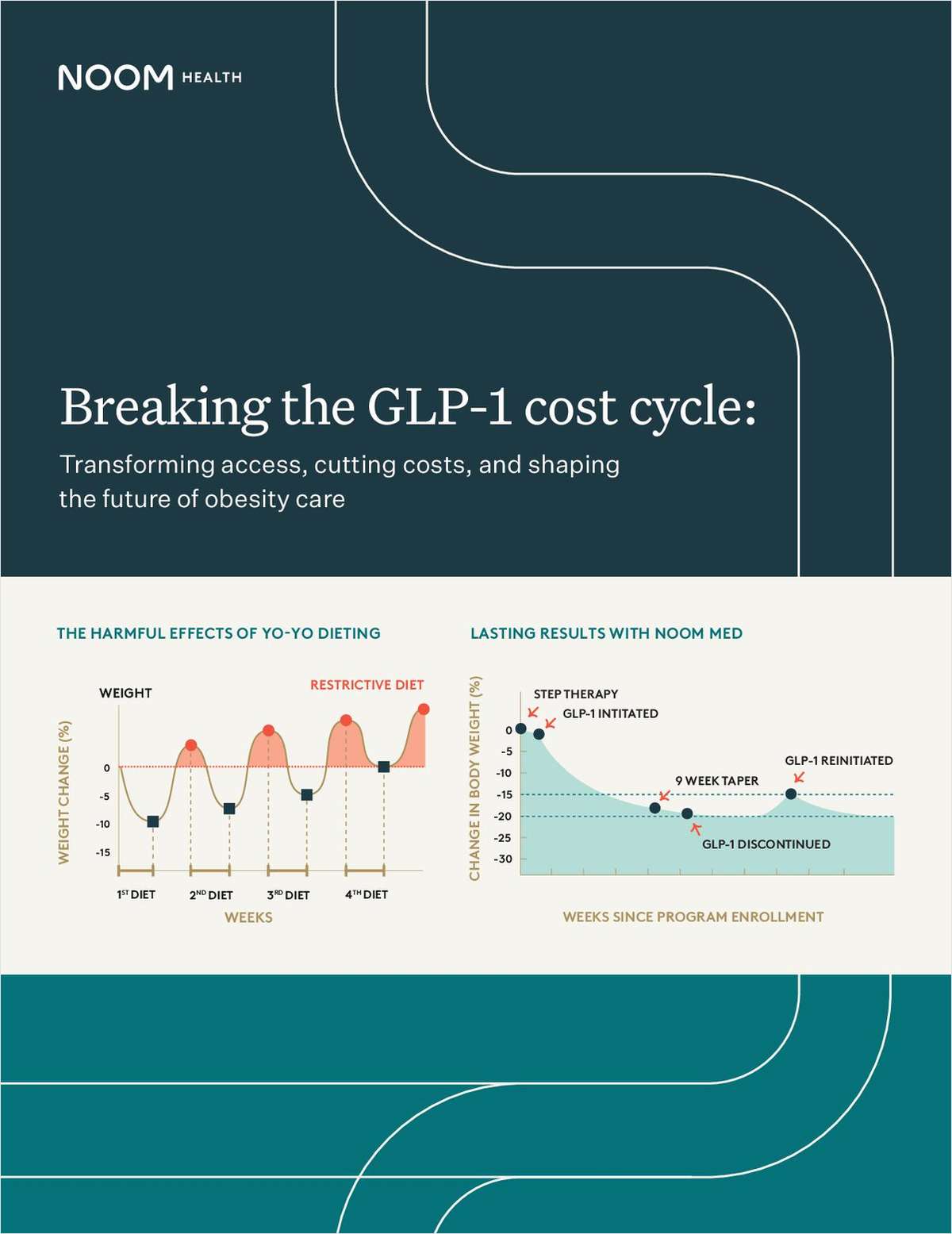Connecticut Lawyers React to Failed Marijuana Legalization Efforts
Connecticut attorneys with differing perspectives on marijuana legalization gave their thoughts on the state's failure to develop new legislation.
May 31, 2019 at 03:08 AM
6 minute read
 A billboard near the Connecticut shore keeps marijuana on the minds of state residents. Photo by Michael Marciano.
A billboard near the Connecticut shore keeps marijuana on the minds of state residents. Photo by Michael Marciano.
Connecticut attorneys with differing perspectives on marijuana legalization gave their thoughts on the state's failure to develop new legislation despite having started the year on an optimistic note.
As recently as May 15, state legislators were predicting new marijuana laws would reach the floor of the General Assembly for a vote in June, but that sentiment quickly dried up during the second half of the month. Supporters of legalization now say a resolution may still be years away.
State Rep. Josh Elliot of Hamden, a licensed, nonpracticing attorney who co-sponsored a bill legalizing retail sales of pot in January, acknowledged defeat this week and said that a successful measure may not see the light of day until 2022, due to the political makeup of the General Assembly.
"The numbers just aren't there for legalization," Elliott said, acknowledging party lines have largely been drawn, and that, while proponents are looking into the possibility of spearheading a constitutional amendment legalizing cannabis, the process would face similar political hurdles.
"If we try to take the constitutional amendment approach, we would need supermajorities in both chambers to get it on the ballot by 2020," Elliott said. "I just can't imagine Republicans letting that get done in the Senate. So it's going to be a while."
Polls conducted last year by Quinnipiac University and Sacred Heart University found that as many as 70% of Connecticut residents favored legalizing and taxing marijuana in the state. Concurrently, retail sales of cannabis began last year in Massachusetts, leading many to believe the stage was set for Connecticut to follow suit.
"I was really expecting, with Democratic majorities in the state House and Senate, that legislators would mirror the 70% approval for the rest of the state, but it didn't really pan out that way," Elliott said, acknowledging that since the state decriminalized possession of small amounts of cannabis in 2011, followed by legalizing medical marijuana in 2012, the sense of urgency among cannabis activists may have waned. "If it's already decriminalized, some people feel that full legalization really isn't all that necessary," he said. "We've made progress on some of the small stuff, and then the question becomes a strategic one. Should we focus on home-run hits or base hits? Base hits are a lot more feasible."
At the same time, opponents of full legalization say this year's debate has raised important questions about public health and safety that deserve further study. Retired corporate attorney William "Bo" Huhn, a member of the Connecticut chapter of the anti-legalization organization Smart Approaches to Marijuana, said that while he is encouraged to see lawmakers are listening to concerns being raised about mental health issues and the impact on young people, he believes corporate backers of legalization have chosen to ignore and dismiss negative data, potentially at their own peril.
"Cigarette companies failed to warn consumers of the health hazards of smoking and ultimately paid billions in damages," Buhn said. "I think this industry is doing the same thing." If mental health and addiction issues, along with impacts on memory and learning, are not addressed today, he added, it could end up costing companies down the road in the form of "failure to warn" litigation.
Buhn became active with drug-abuse prevention efforts after seeing his own daughter become addicted to crack cocaine. He now runs the group Guilford Developmental Assets for Youth (DAY), which provides a forum for children and young adults to talk about issues related to drugs. Youth members testified at the state Capitol about their experiences this session. "People don't start out using crack or heroin. They start with a red cup in the basement drinking beer or smoking marijuana out in the woods with their friends," Buhn said. "It's absolutely a path that moves step-by-step to a pretty bad end for a bunch of people."
Buhn said he believes the United States is living in "a dark shadow of drug abuse," in which children are receiving messages that drug use is acceptable. "This has turned us into a society that is at a terrible risk. I'm convinced that our society has to turn away from it, and I think we're beginning to make that turn."
Still, experts covering the national trend toward legalization predict continued legislative easing is inevitable. Connecticut-based Wilson Elser Moskowitz Edelman & Dicker partner Stephen Brown, a member of the firm's international cannabis law team, said marijuana legalization in Connecticut is part of a strong regional trend, with New England, New York and New Jersey all looking to get in on the action. "The most important part of this is revenue," he said. "That's the reason I think it's pushing forward. I wouldn't say it's moving too quickly, but like anything there will be growing pains. There's a tremendous amount of talk in New York and New Jersey, and I think Connecticut wants to get involved in this game."
Bloomfield attorney Aaron Romano, a spokesman for the National Organization for the Reform of Marijuana Laws, said, if anything, Connecticut's proposals did not go far enough this year. "I was very disappointed in the draft bills that were introduced, because it's clear they did not reflect the will of the people," he said.
Romano said provisions limiting decriminalized sales and possession to 1.5 ounces of cannabis would have effectively kept in place criminal penalties for the sale of a legal product. "Legalization means just that," he said. "I don't know how else to explain it."
Romano challenged state legislators to identify any other commodity that is legal in small amounts but illegal in larger quantities. "Our position has always been that we should regulate marijuana like alcohol," he said. "We have a workable model that was developed after prohibition, that we have accepted and has been in existence for close to 100 years, and we're talking about an intoxicant that is less dangerous than alcohol."
Romano acknowledged that limitations in the proposed legislation may have played a part in eroding enthusiasm among proponents, adding that the unwillingness of legislative leaders to embrace full legalization suggests "they have not let go of the demonization of cannabis."
If there is a bright side, Romano said, it is that voters now know where individual legislators stand. "The good news is that the more than 70% of citizens of Connecticut who are in favor of legalization can identify their legislators who do not support this issue, and when it comes time for elections, they will act accordingly."
This content has been archived. It is available through our partners, LexisNexis® and Bloomberg Law.
To view this content, please continue to their sites.
Not a Lexis Subscriber?
Subscribe Now
Not a Bloomberg Law Subscriber?
Subscribe Now
NOT FOR REPRINT
© 2025 ALM Global, LLC, All Rights Reserved. Request academic re-use from www.copyright.com. All other uses, submit a request to [email protected]. For more information visit Asset & Logo Licensing.
You Might Like
View All



Federal Judge Approves Harvard's Dismissal of Chip-Patent Suit Against Samsung
2 minute readTrending Stories
- 1The Law Firm Disrupted: Scrutinizing the Elephant More Than the Mouse
- 2Inherent Diminished Value Damages Unavailable to 3rd-Party Claimants, Court Says
- 3Pa. Defense Firm Sued by Client Over Ex-Eagles Player's $43.5M Med Mal Win
- 4Losses Mount at Morris Manning, but Departing Ex-Chair Stays Bullish About His Old Firm's Future
- 5Zoom Faces Intellectual Property Suit Over AI-Based Augmented Video Conferencing
Who Got The Work
J. Brugh Lower of Gibbons has entered an appearance for industrial equipment supplier Devco Corporation in a pending trademark infringement lawsuit. The suit, accusing the defendant of selling knock-off Graco products, was filed Dec. 18 in New Jersey District Court by Rivkin Radler on behalf of Graco Inc. and Graco Minnesota. The case, assigned to U.S. District Judge Zahid N. Quraishi, is 3:24-cv-11294, Graco Inc. et al v. Devco Corporation.
Who Got The Work
Rebecca Maller-Stein and Kent A. Yalowitz of Arnold & Porter Kaye Scholer have entered their appearances for Hanaco Venture Capital and its executives, Lior Prosor and David Frankel, in a pending securities lawsuit. The action, filed on Dec. 24 in New York Southern District Court by Zell, Aron & Co. on behalf of Goldeneye Advisors, accuses the defendants of negligently and fraudulently managing the plaintiff's $1 million investment. The case, assigned to U.S. District Judge Vernon S. Broderick, is 1:24-cv-09918, Goldeneye Advisors, LLC v. Hanaco Venture Capital, Ltd. et al.
Who Got The Work
Attorneys from A&O Shearman has stepped in as defense counsel for Toronto-Dominion Bank and other defendants in a pending securities class action. The suit, filed Dec. 11 in New York Southern District Court by Bleichmar Fonti & Auld, accuses the defendants of concealing the bank's 'pervasive' deficiencies in regards to its compliance with the Bank Secrecy Act and the quality of its anti-money laundering controls. The case, assigned to U.S. District Judge Arun Subramanian, is 1:24-cv-09445, Gonzalez v. The Toronto-Dominion Bank et al.
Who Got The Work
Crown Castle International, a Pennsylvania company providing shared communications infrastructure, has turned to Luke D. Wolf of Gordon Rees Scully Mansukhani to fend off a pending breach-of-contract lawsuit. The court action, filed Nov. 25 in Michigan Eastern District Court by Hooper Hathaway PC on behalf of The Town Residences LLC, accuses Crown Castle of failing to transfer approximately $30,000 in utility payments from T-Mobile in breach of a roof-top lease and assignment agreement. The case, assigned to U.S. District Judge Susan K. Declercq, is 2:24-cv-13131, The Town Residences LLC v. T-Mobile US, Inc. et al.
Who Got The Work
Wilfred P. Coronato and Daniel M. Schwartz of McCarter & English have stepped in as defense counsel to Electrolux Home Products Inc. in a pending product liability lawsuit. The court action, filed Nov. 26 in New York Eastern District Court by Poulos Lopiccolo PC and Nagel Rice LLP on behalf of David Stern, alleges that the defendant's refrigerators’ drawers and shelving repeatedly break and fall apart within months after purchase. The case, assigned to U.S. District Judge Joan M. Azrack, is 2:24-cv-08204, Stern v. Electrolux Home Products, Inc.
Featured Firms
Law Offices of Gary Martin Hays & Associates, P.C.
(470) 294-1674
Law Offices of Mark E. Salomone
(857) 444-6468
Smith & Hassler
(713) 739-1250










